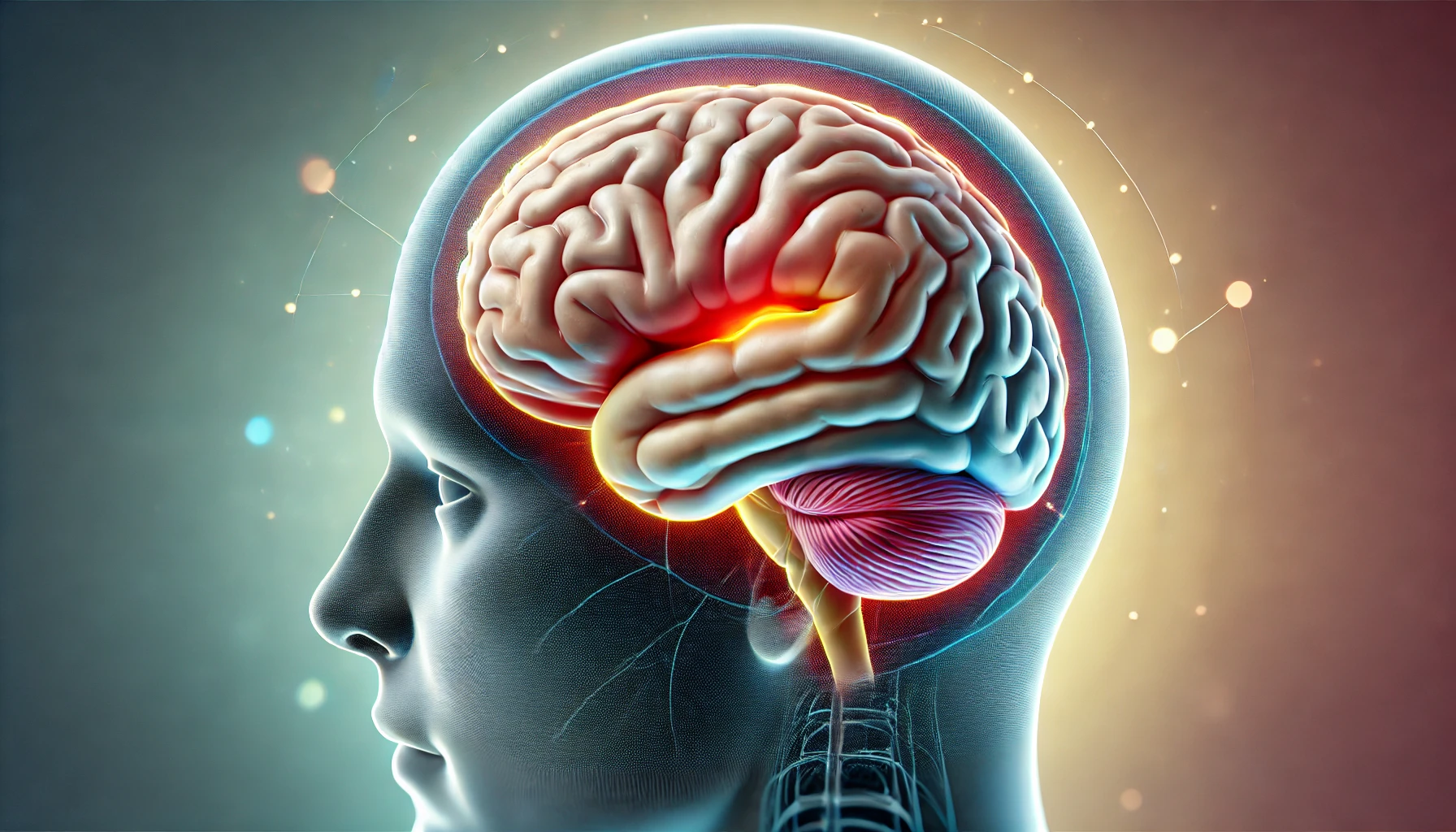This post was written with Consensus AI Academic Search Engine – please read our Disclaimer at the end of this article. The pons is a critical structure in the brainstem that plays a vital role in various neurological functions, including the regulation of sleep, respiration, and sensory information processing. Recent research has highlighted its involvement in several neurological disorders, including migraines and cognitive impairments. This article aims to provide an overview of the current understanding of the pons, its functions, and its implications in neurological health and disease.
Role of the Pons in Migraine
Migraine is a complex neurological disorder characterized by recurrent headaches and associated symptoms. The pons has been implicated in the pathophysiology of migraines, particularly in the activation of pontine neurons during migraine attacks. A study using 3T MRI and proton spectroscopy found that during migraine attacks, there is increased cerebral blood flow in the dorsolateral pons ipsilateral to the pain side. However, this increased activation was not associated with higher glutamate levels, suggesting that other metabolic changes, such as increased total creatine levels, may play a role in pontine activation during migraines1.
Pons and Cognitive Impairment
The pons is also involved in cognitive functions, and its dysfunction has been linked to cognitive impairments. Paraoxonase 1 (PON1), an enzyme associated with high-density lipoprotein, has been studied for its role in cognitive decline. Research indicates that PON1 status, including its enzymatic activity, can predict cognitive performance in individuals with mild cognitive impairment (MCI). A study found that higher baseline PON1 activity was associated with better cognitive outcomes, and supplementation with B vitamins could ameliorate cognitive decline in individuals with MCI8.
Pons in Neurological Procedures
Postoperative neurologic symptoms (PONS) are common after surgeries involving peripheral neural blockade, such as shoulder surgery. A study comparing mechanical paresthesia and electrical stimulation techniques for nerve localization during interscalene brachial plexus blockade found no significant difference in the incidence of PONS between the two techniques. This suggests that the choice of nerve localization technique can be based on patient and anesthesiologist preferences rather than concerns about PONS development6.
Conclusion
The pons is a crucial structure in the brainstem with significant implications for neurological health. Its involvement in migraine pathophysiology, cognitive impairment, and postoperative neurologic symptoms underscores the need for further research to elucidate its functions and potential therapeutic targets. Understanding the metabolic changes and enzymatic activities associated with the pons can provide insights into developing effective treatments for related neurological disorders.
Disclaimer
The content presented in this blog is generated by Consensus, an AI-powered academic search engine, and is based on publicly available scientific literature. While every effort is made to provide accurate, up-to-date, and well-researched information, the content is intended for informational and educational purposes only. It does not constitute medical advice, diagnosis, or treatment. Always consult a qualified healthcare professional before making any decisions regarding medical conditions, treatments, or medications. The AI system’s analysis may not cover all perspectives, emerging research, or individual cases, and it is not a substitute for professional expertise. Neither the blog publisher nor the developers of the AI-powered search engine are responsible for any actions taken based on the information provided in this content. Use of this information is at your own risk. Citations to the original scientific studies are included for reference, but these studies should be reviewed in full and interpreted with the guidance of a healthcare or research professional.
If you are experiencing a medical emergency, please seek immediate attention from a healthcare provider.
